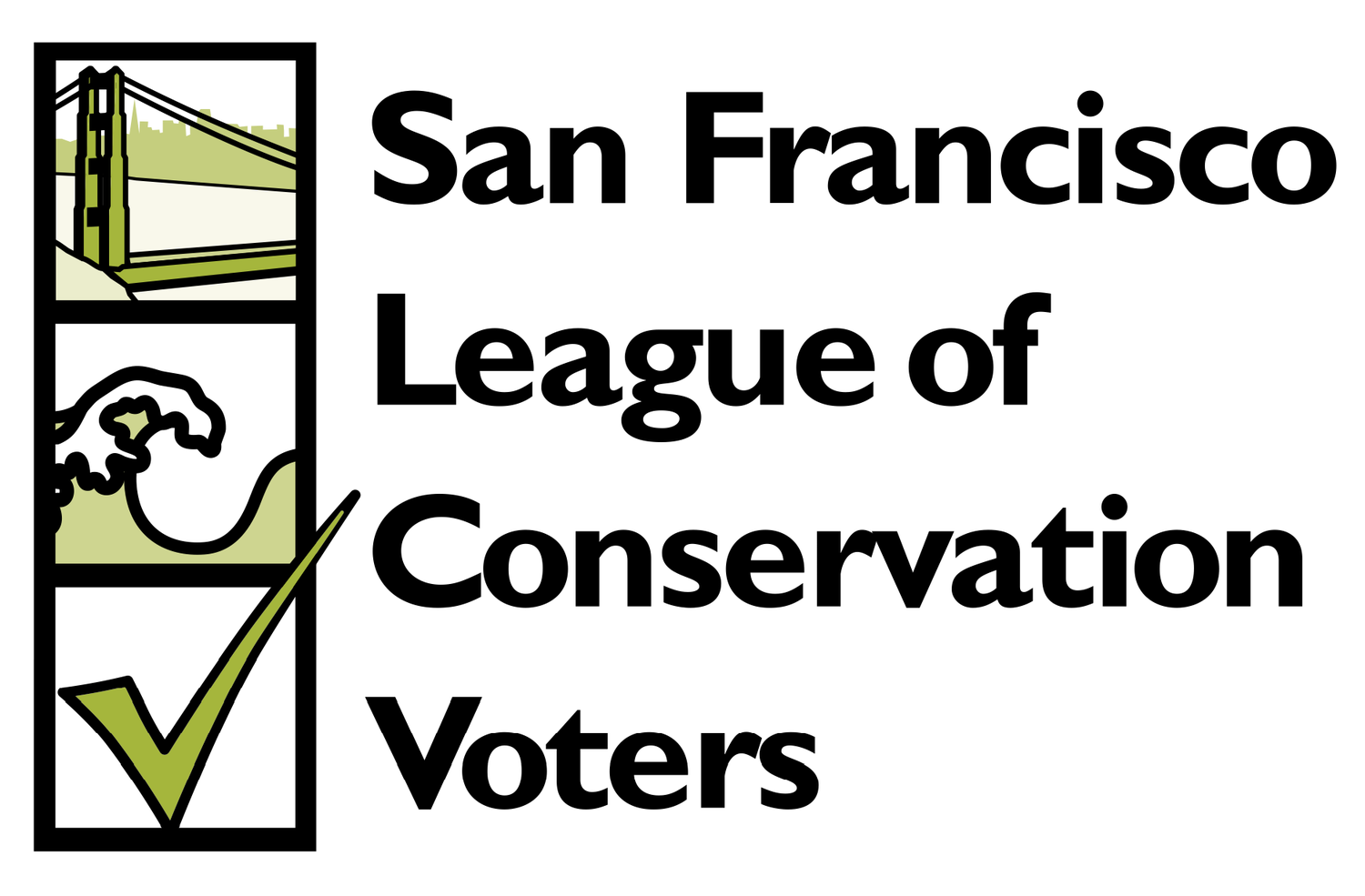November 2022: Vote No on Prop E, the Affordable Housing Production Act
/The Board of Supervisors placed Proposition E on the ballot in response to Proposition D, after Prop D secured enough voter signatures to qualify for the ballot. Like Prop D, it would streamline permitting procedures for three categories of housing: 100% affordable housing, 100% educator housing, and mixed-income housing that includes more than the minimum amount of affordable housing required under current law.
Prop E differs from Prop D by:
Requiring the additional affordable housing units in mixed-income housing to have a lower income threshold than in Prop D.
Requiring mixed-income housing to include a higher total number of affordable units. For example, for a 100-unit project requiring 20 affordable units, Prop E would require 8 additional affordable units for a total of 28, while Prop D would require 3 additional affordable units for a total of 23.
Requiring eligible projects to employ a union workforce (although mixed-income projects with fewer than 25 units would not be subject to this requirement).
If both measures pass and Prop E receives more votes, Prop E would supersede Prop D.
San Francisco is one of the most expensive places in the country to construct new housing. Many housing projects that the City has already approved are on hold because they are financially infeasible to construct. SFLCV is concerned that Prop E’s requirements for mixed-income housing are so strict that few, if any, mixed-income projects would qualify for streamlining under the measure.
SFLCV believes that Prop D is likely to be more effective than Prop E at promoting the creation of more affordable and transit-oriented multifamily housing. We urge voters to vote against Prop E and to vote for Prop D.


